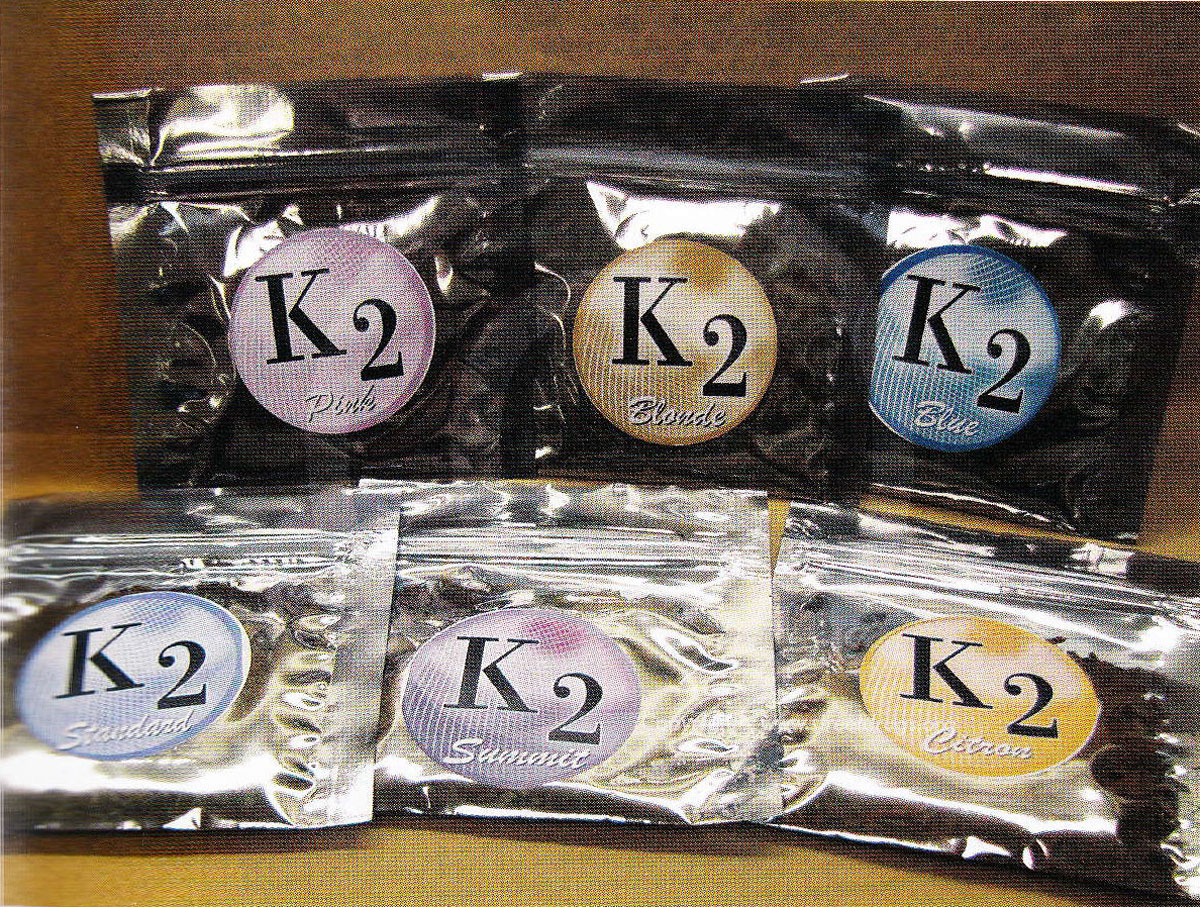Introduction
The rising popularity of SPICE K2 and its associated risks have prompted legislative actions to address the distribution, sale, and possession of this synthetic drug. This article explores the legal landscape surrounding SPICE K2 and the regulatory measures implemented to combat its presence.
1. Evolving Legal Status
1.1 Initial Legality
SPICE K2 initially gained traction due to its perceived legal status. However, as its risks became more apparent, lawmakers worldwide recognized the need to regulate its production, sale, and use.
1.2 Banning Synthetic Cannabinoids
Many countries and states have classified the synthetic cannabinoids found in SPICE K2 as controlled substances, making their possession and distribution illegal. This has been a proactive step towards reducing the availability and potential harm caused by these substances.
2. Regulating SPICE K2
2.1 Legislative Actions
Governments have implemented various legislative measures to address the presence of SPICE K2. These actions include banning specific synthetic cannabinoids, imposing penalties for production and distribution, and enhancing law enforcement efforts to combat the illicit trade of this substance.
2.2 Monitoring and Detection
Regulatory bodies and law enforcement agencies have increased their efforts to monitor the production, distribution, and sale of SPICE K2. This involves collaborations with forensic laboratories, improved detection techniques, and staying updated on emerging synthetic drug trends to take prompt action.
3. International Cooperation
3.1 Sharing Best Practices
International cooperation among countries is crucial in effectively combating the global trade of SPICE K2. Sharing best practices, intelligence, and information on regulatory measures enhances the ability to identify and address new challenges arising from the production and distribution of synthetic drugs.
3.2 Harmonizing Regulations
Harmonizing regulations across borders can prevent the circumvention of laws and the emergence of new marketplaces for SPICE K2. Establishing international agreements and frameworks ensures a unified approach in tackling synthetic drug issues and facilitates collective efforts to protect public health.
Conclusion
The legal landscape surrounding SPICE K2 continues to evolve as governments and regulatory bodies recognize the dangers posed by synthetic drugs. By implementing and strengthening regulatory measures, fostering international cooperation, and sharing knowledge, we can mitigate the risks associated with SPICE K2 and safeguard societies worldwide.














